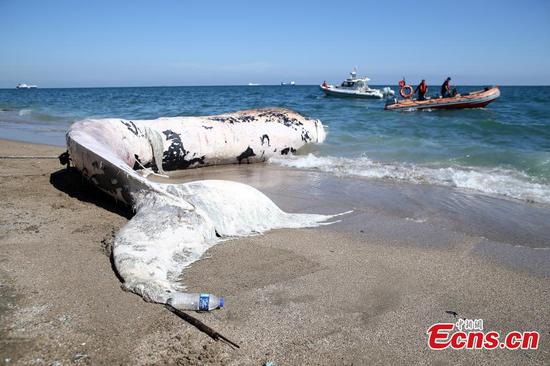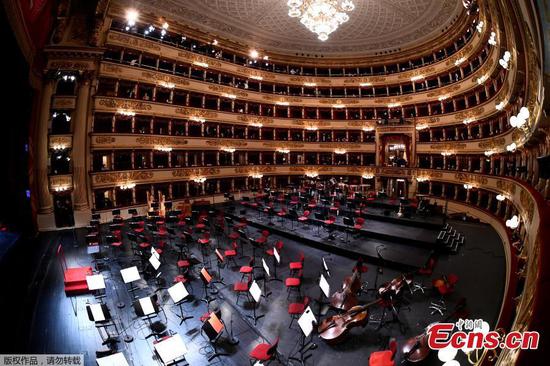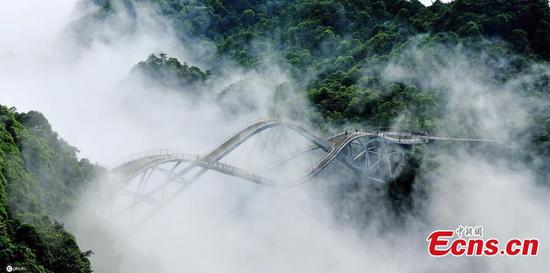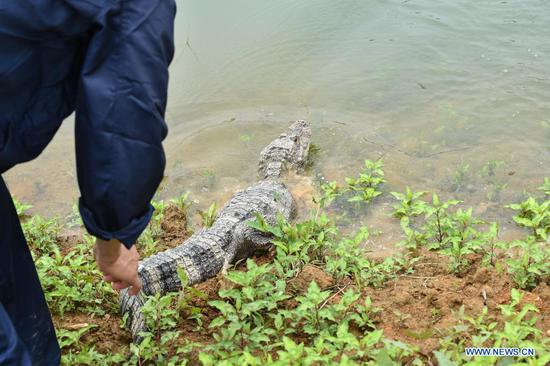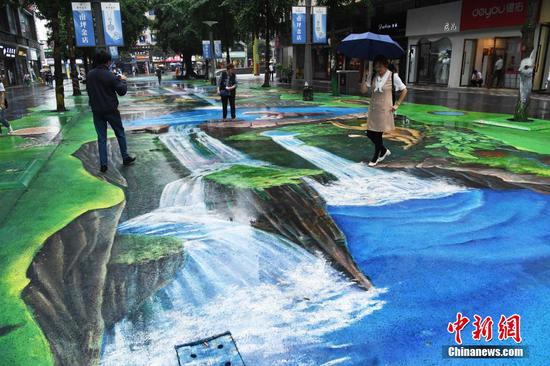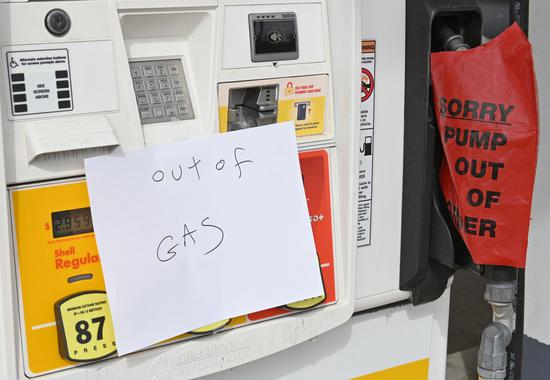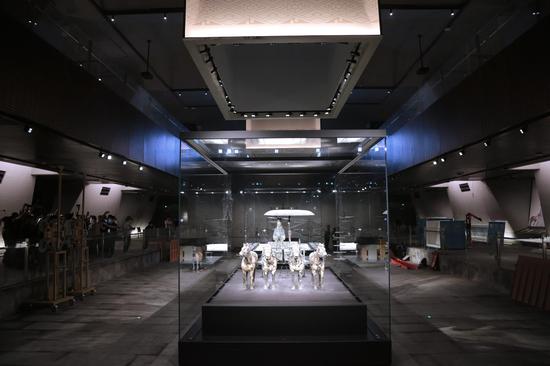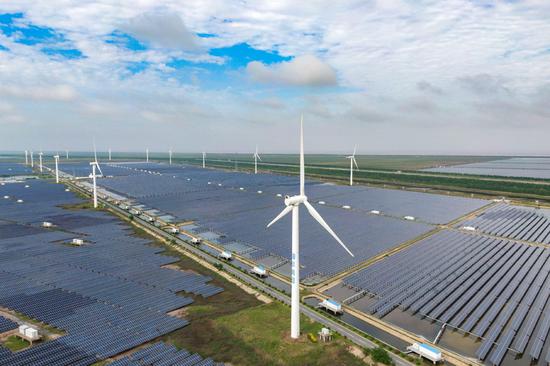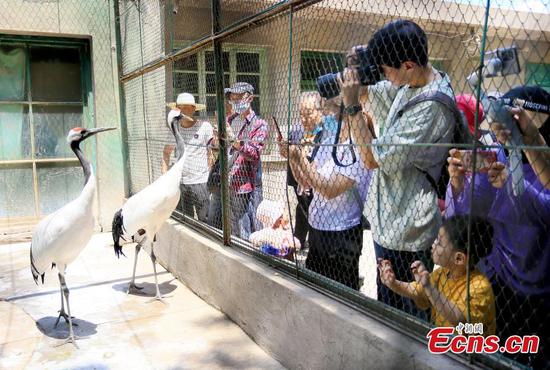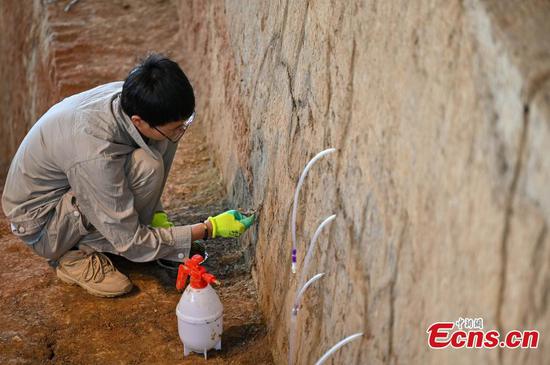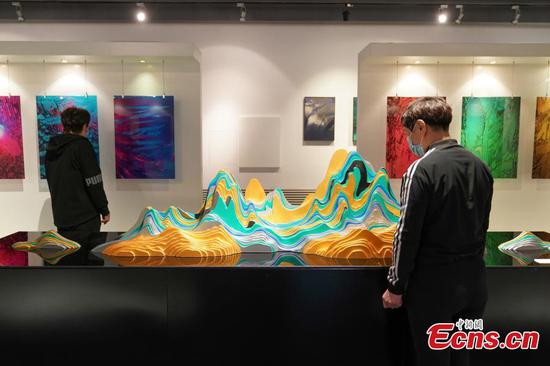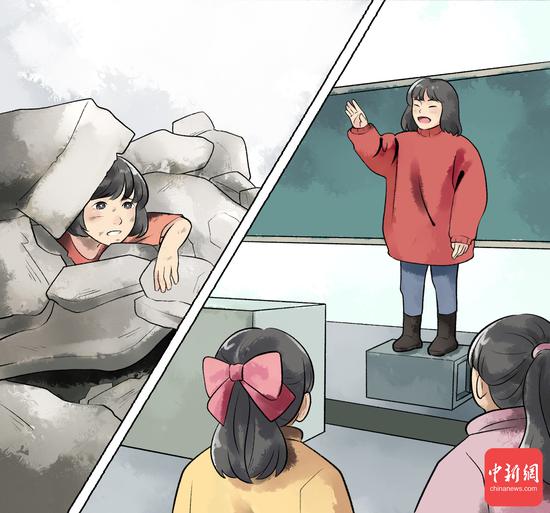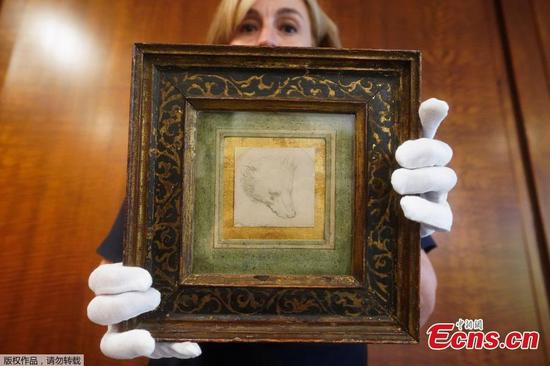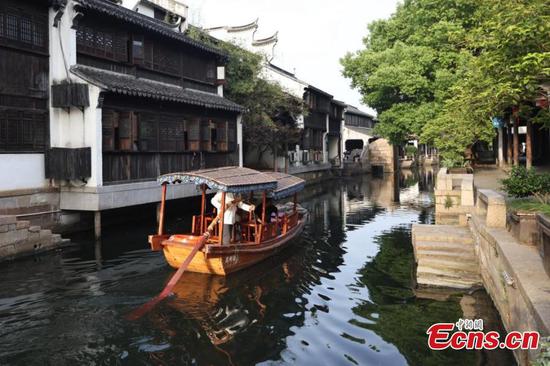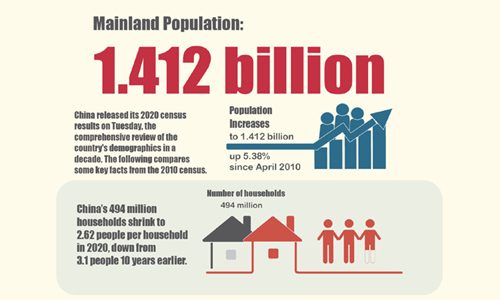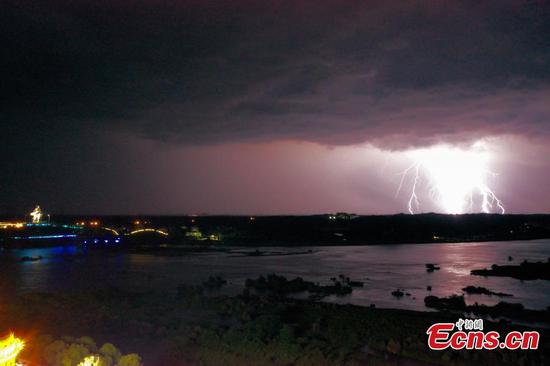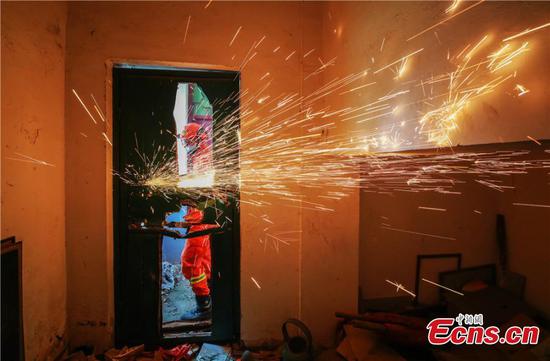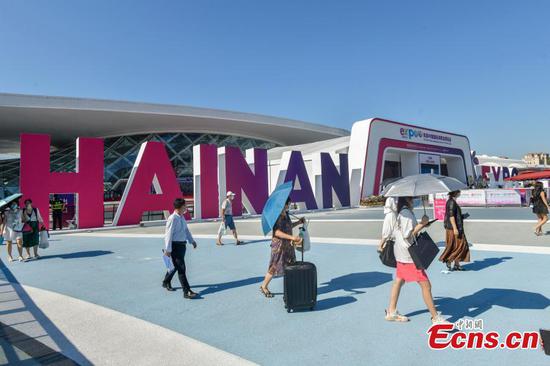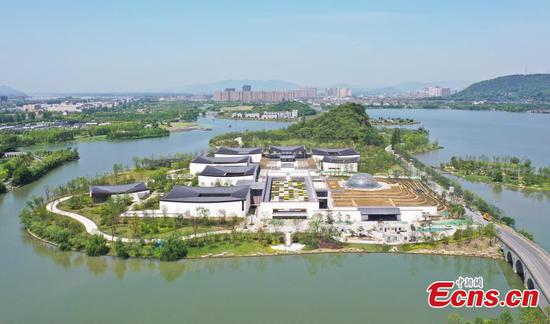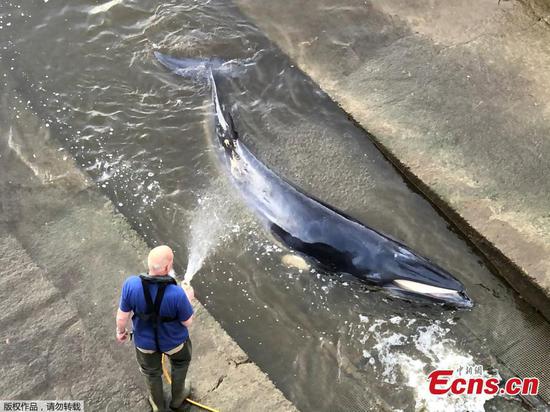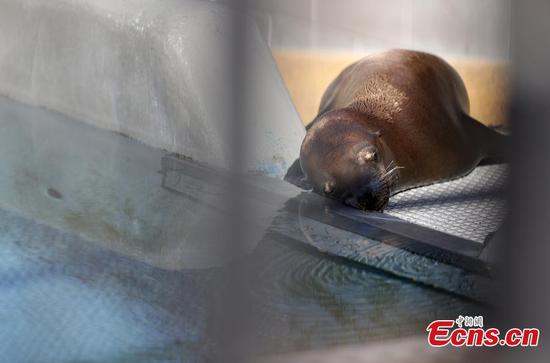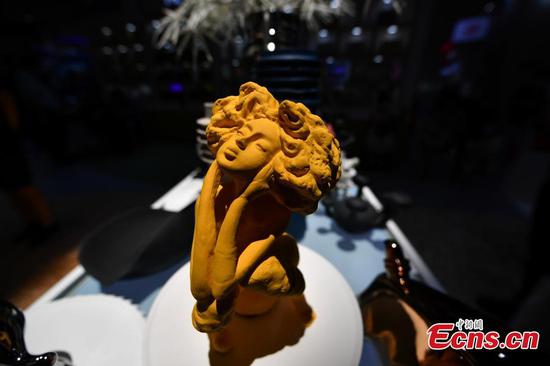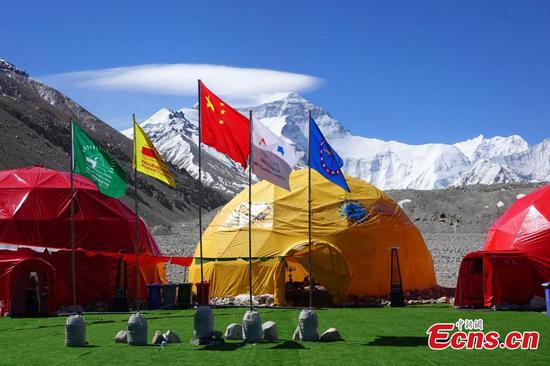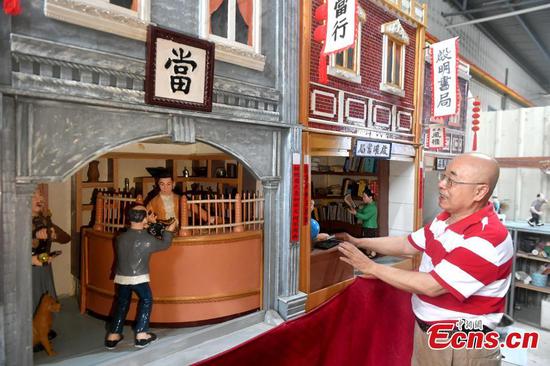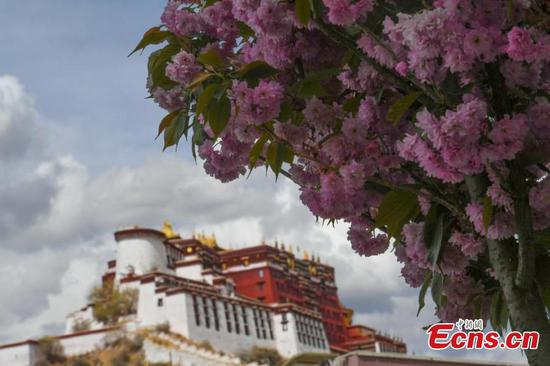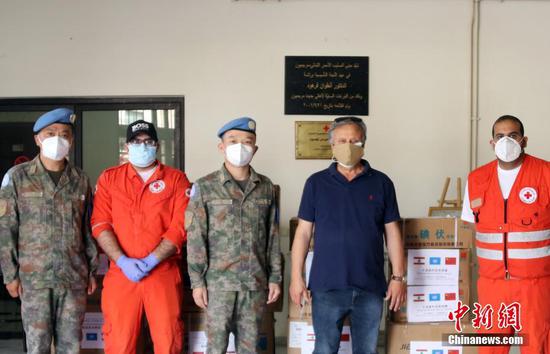Three popular grottoes including a UNESCO World Heritage site, the Mogao Grottoes in Dunhuang, northwest China's Gansu Province, were closed to the public on Friday due to continuous rainfall.
Some parts of the cave areas are waterlogged and humidity is relatively high, and rubble has fallen from parts of the cliffs into which the grottoes are carved, posing a threat to the safety of tourists, according to the administrative department in charge of the three grottoes.
The Mogao Grottoes will reopen on Saturday and an increased visitor quota will be implemented to receive those who reserved tours on Friday. The daily visitor cap at the Mogao Grottoes is 6,000.
The reopening dates for the two other grottoes, the Western Thousand-Buddha Caves and the Yulin Grottoes, are subject to further notice.
The millennium-old Mogao Grottoes are home to a vast collection of Buddhist artworks -- more than 2,000 colored sculptures and 45,000 square meters of murals are located across 735 caves, carved into the cliffs by ancient worshippers.
However, the warm and humid climate in northwest China in recent years has brought new challenges to the protection of grottoes.









